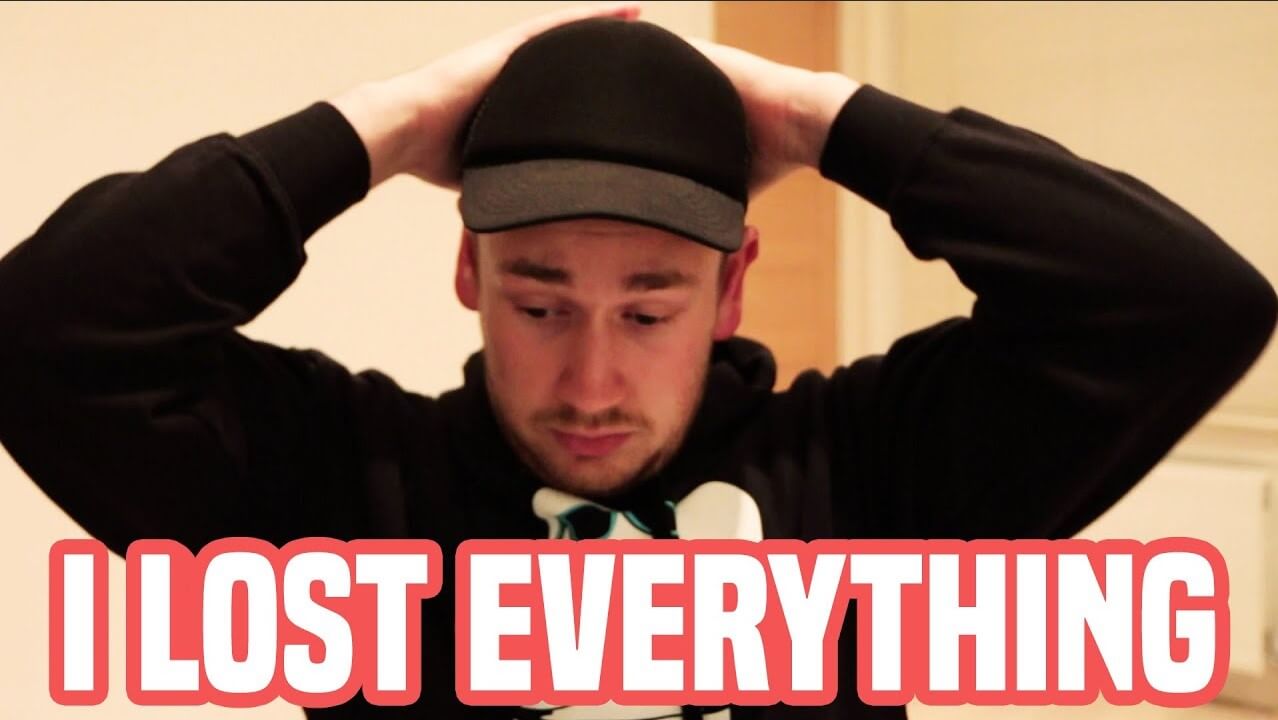I have lost everything in stock! Who has never heard this catastrophic phrase? Everyone knows the story of someone who invested money in the stock market and lost it, or you hear on the news that the stock market has plummeted by 3%!! Almost as if the world were to end immediately because of this sudden fall, well, I will tell you the truth about all this.
For starters there are many people who have lost their money on the stock market, right, even whole pension plans and life savings that have disappeared in a few hours, but… Wait! Pension plans? Savings? This smells like a bank! Indeed, the people who lose so much money in the stock market are because they give carte blanche to their banks to play stock with their savings that have cost them so much sweat.
Let’s tell you a secret, professional traders never play more than 1% of their total capital, that is, for a $10,000 account, a professional trader will never be willing to lose more than $100 in a single trade, leaving in the worst-case scenario the account at $9,900. True, some traders get to use up to 2% of the account, but it’s not the usual thing.
So the logical deduction we draw is this: If professional traders manage their money with such caution and banks don’t, don’t banks have professional traders in their ranks? Yes, of course, they do, but the bank does not want to grow your current account, it wants to grow its own and its stock value, therefore they will devote themselves to buying shares of their own bank, their insurance company, and other companies of their business group. If you have a stock-exchange-linked pension plan, why don’t you look at what stock you have bought? I am convinced that they will be yours and from companies where they have some power.
Now let’s imagine that the value of our bank, after going up, is about to fall, the traders of the bank see it and think: “If now I sell the shares of my dear client, you will have profits and I will be able to invest your money in the company X that looks bullish.” That would be nice, wouldn’t it? Not so, these traders think in the following way: “If the stocks of our bank are about to fall, it is because people will sell stocks, then if I sell those of my customers, the value will fall even more!” The solution of these traders, in the best of cases, is to keep your position in full decline, pray that they do not buy more shares from their own bank in full collapse to try to maintain the current price.
Do you understand now why so many people lose money in the stock market?
So how to survive in the stock market and not lose everything? As you saw the first thing is to avoid the banks, they are not very interested in your financial health (you just have to look at the crisis that we carry), so how do we do it?
First, we will decide how much money we want to invest, never put money that you will need to live and pay the bills, it is a risk that will only put pressure on us and is not worth risking so much.
Imagine that we capitalize with 1000€ to invest in the currency market (Forex), that is to say we open an account at a broker and transfer the money. About which broker to choose, their advantages, disadvantages and how they work in general we will talk at length in other posts, for now, let’s focus on imagining that we have our trading account with 1000€.
Nowadays in forex, you can play from 0.1€ per pip to hundreds of euros per pip, logically if you are new you should start betting according to your account. I explain, suppose you usually do intraday operations with a 20 pips Stop Loss and buying 1 micro lot (the least possible), then the minimum you can play is:
20pips * 0,1€/pips * 1 micro lot = 2€ from your account
These 2€ represent 0.2% of your money invested, therefore, if you have failed in your analysis you only lose this, nothing more! Now your account would have 998€ positive.
By operating in this way we make sure we survive if we make a mistake in any operation, and continue to make money if we were right, we basically have total control over our money. If this capital were used by the bank to invest, you’d never know how much you were going to earn or lose.
With this post we want you to see that in the stock market everyone controls their risk, it is literally impossible to lose everything, the Stop Loss and our risk management are in charge of avoiding it.


